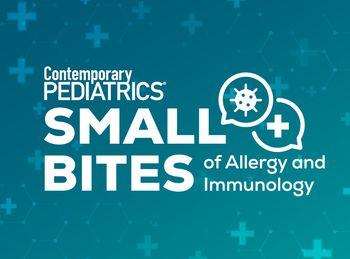
Eating away allergies
Research into the progression of allergic diseases among infants shows that feeding choices can have an impact.
Keypoints:
Increasing rates of atopic dermatitis and other signs of early-onset food allergy has driven the need for affordable prevention strategies for atopic disease in infants. Studies point to a change in infant diet as being one such measure. But how effective can this simple change be in thwarting allergy development?
Background on allergy
Single, short-term exposures to an allergen, food-based or otherwise, causes acute but transient allergy symptoms, while persistent exposure leads to chronic manifestations. For example, depending on the level of exposure, skin manifestations of food allergy can vary greatly. A single exposure causes an acute, IgE-mediated allergy resulting in a transient urticarial reaction caused by mediators released by mast cells, while chronic exposure to the same offending food may produce atopic dermatitis that is the result of a complex, chronic inflammatory infiltration of the skin.3
Allergies & children: The allergic march
Newsletter
Access practical, evidence-based guidance to support better care for our youngest patients. Join our email list for the latest clinical updates.





